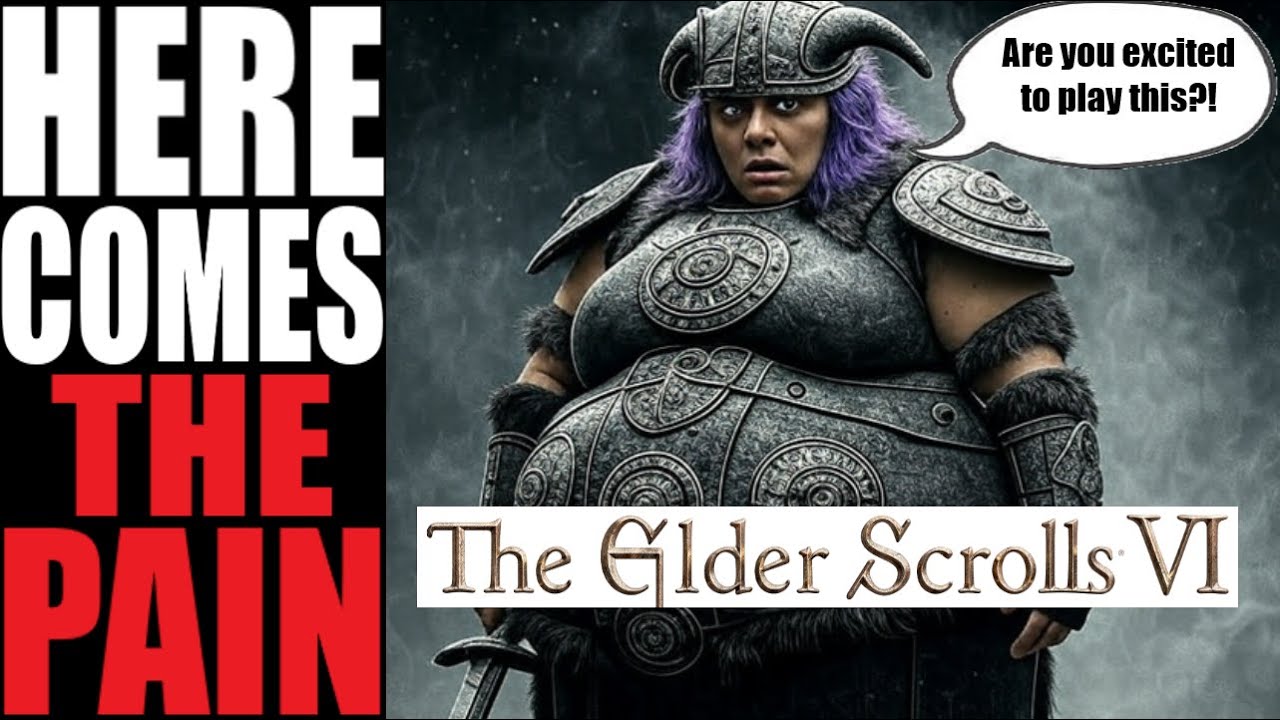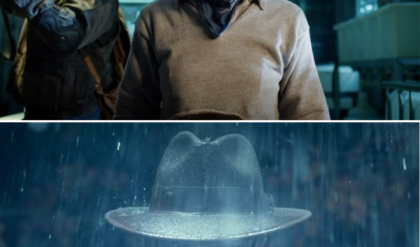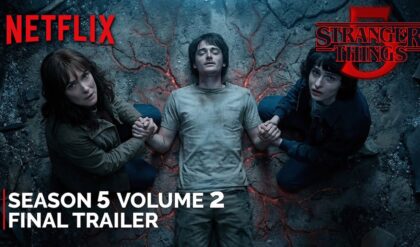The Elder Scrolls 6: Doomed by ‘Modern Audience’ Developers or Misunderstood?
The Elder Scrolls 6, the long-awaited successor to Bethesda Game Studios’ iconic Skyrim, has been a beacon of hope for fans of open-world RPGs since its announcement in 2018. Set in the sprawling fantasy world of Tamriel, the series is renowned for its unparalleled player freedom, rich lore, and immersive worlds. However, as anticipation builds for a projected 2027 release, a storm of controversy has erupted. Social media platforms like X are flooded with claims that The Elder Scrolls 6 is “doomed” due to Bethesda’s alleged focus on appealing to a “modern audience,” a phrase that has become a lightning rod for accusations of “woke” overreach. With fans divided and Bethesda’s recent track record under scrutiny, is The Elder Scrolls 6 truly at risk, or are these fears a product of misinformation and cultural divides?

The Elder Scrolls Legacy: A Benchmark for RPGs
Since The Elder Scrolls: Arena debuted in 1994, Bethesda has redefined the RPG genre with titles like Morrowind (2002), Oblivion (2006), and Skyrim (2011), each earning Game of the Year accolades and selling over 59 million copies combined. Set on the continent of Tamriel, the series blends medieval fantasy with mythological creatures, magic, and player-driven narratives. Skyrim, in particular, became a cultural phenomenon, praised for its vast world where players could wander for hours, forging their own stories as the Dragonborn. Its enduring popularity, bolstered by mods and re-releases, has kept fans hungry for The Elder Scrolls 6.
Announced with a brief teaser at E3 2018, The Elder Scrolls 6 is Bethesda’s next major project following Starfield (2023). Directed by Todd Howard, the game is in active development using an updated Creation Engine 2, with a rumored setting in Hammerfell, home to the Redguard people. Despite leaving pre-production in 2023, Bethesda has remained tight-lipped, fueling speculation and impatience. Former Skyrim designer Bruce Nesmith has warned that meeting fan expectations will be “almost impossible” due to the series’ storied history, a sentiment echoed by fans who fear Bethesda’s recent missteps could tarnish Tamriel’s legacy.
The “Modern Audience” Controversy: What Sparked the Outrage?
The phrase “doomed by modern audience developers” stems from a May 2025 controversy, ignited by images Bethesda shared of its development team. These images, showcasing lead employees, were interpreted by some fans on X as evidence that Bethesda is prioritizing diversity and progressive ideals over the series’ traditional appeal. Critics argue that developers catering to a “modern audience”—often a coded term for inclusive or socially conscious storytelling—are injecting contemporary political themes into a medieval fantasy world, alienating core fans. Posts on X have decried this approach as “woke,” with some claiming it will dilute the gritty, lore-driven essence of Tamriel.
The backlash draws parallels to other gaming controversies, such as Dragon Age: The Veilguard, which faced criticism for allegedly prioritizing modern identity politics over its fantasy roots. In The Elder Scrolls context, fans point to The Elder Scrolls Online (ESO), where a narrative director’s defense of non-binary character options sparked debate in 2024. Critics on X accused Bethesda of bowing to “quota-driven” hiring and storytelling, predicting that The Elder Scrolls 6 will feature forced diversity or sanitized narratives at the expense of authenticity.
However, defenders argue that The Elder Scrolls has always been inclusive. The series features diverse races like the Khajiit, Argonians, and Redguards, and Morrowind included same-sex marriage options as early as 2002. Fans on platforms like Reddit have pushed back, noting that critics often amplify minor details—like a developer’s personal views or a single character’s identity—to manufacture outrage. One user remarked that those fixated on “woke” issues seem to “dig for things to be offended by,” suggesting the controversy is less about the game and more about broader cultural anxieties.
Bethesda’s Recent Struggles: A Shaky Foundation
The fear that The Elder Scrolls 6 is “doomed” is amplified by Bethesda’s uneven track record. Fallout 76 (2018) launched as a buggy, multiplayer misfire, drawing harassment and death threats to developers. Starfield (2023), while commercially successful, was criticized for outdated mechanics and a lackluster narrative, with its Shattered Space DLC failing to impress. These stumbles have eroded trust, with some fans on X declaring Bethesda “stuck 15 years in the past” for relying on an aging engine and formulaic design.
Former developers like Nate Purkeypile, who worked on Skyrim, have warned that The Elder Scrolls 6 could face similar online vitriol, likening it to Fallout 76’s troubled launch. The game’s early announcement, driven by fan pressure in 2018, has heightened expectations to unsustainable levels. Bruce Nesmith noted that fans wielding “pitchforks and torches” forced Todd Howard to confirm the game’s existence, but the long wait—potentially nine years by release—has left room for skepticism. With Starfield’s mixed reception, fans worry that Bethesda’s ambition may outstrip its execution.
The “Woke” Debate: A Misplaced Fear?
The accusation that The Elder Scrolls 6 is being shaped for a “modern audience” often centers on fears of narrative overreach. Critics cite Dragon Age: The Veilguard’s backlash, where players felt modern political themes clashed with its fantasy setting. For The Elder Scrolls 6, some speculate that Bethesda might introduce non-binary pronouns, diverse protagonists, or moralizing storylines that feel out of place in Tamriel’s medieval-inspired world. These concerns are fueled by broader gaming trends, where titles like The Last of Us Part II faced criticism for progressive storytelling.
Yet, The Elder Scrolls has always woven complex themes into its lore. Morrowind tackled xenophobia and religious fanaticism, while Oblivion explored political intrigue. Skyrim’s Civil War questline mirrored real-world conflicts, with the Stormcloaks’ nationalism drawing parallels to contemporary debates. Fans who celebrate these narratives argue that inclusivity—whether through diverse characters or progressive themes—can coexist with Tamriel’s gritty authenticity if handled with nuance. A rumored Hammerfell setting could naturally explore cultural tensions, such as the Redguards’ resistance to Imperial rule, without resorting to heavy-handed moralizing.
Development Challenges: A New Engine and High Stakes
Beyond cultural debates, The Elder Scrolls 6 faces technical and creative hurdles. Bethesda is using Creation Engine 2, an evolution of the engine powering Skyrim and Starfield. While Todd Howard has promised “new suites of technology” to support the game’s ambitions, fans on X express concern that Bethesda’s in-house studios struggle to deliver “modern-feeling” games. Starfield’s clunky UI and dated mechanics raised red flags, and with The Elder Scrolls 6 being Bethesda’s first major RPG on a new engine iteration, the transition could be rocky.
The game’s scope is another challenge. Skyrim set a high bar with its expansive world, modding support, and replayability. Fans expect The Elder Scrolls 6 to surpass it, with seamless exploration, deeper role-playing mechanics, and a reactive narrative. However, Bethesda’s history of simplifying systems—such as removing Oblivion’s spellcrafting in Skyrim—has sparked fears of “dumbing down” for broader appeal. A Reddit debate over base-building, a divisive Fallout 4 feature, highlighted this tension, with some fans opposing its inclusion in The Elder Scrolls 6 for fear it would detract from core RPG elements.
Fan Expectations: An Impossible Standard?
Bruce Nesmith’s warning that The Elder Scrolls 6 faces “almost impossible” expectations underscores the game’s precarious position. Skyrim’s success was rooted in its immersive world, where players could craft internal narratives through exploration. However, modern RPGs like Baldur’s Gate 3 and Cyberpunk 2077 have raised the bar with reactive storytelling and polished visuals. Bethesda must balance its signature open-world formula with innovations to compete, all while satisfying a fanbase that reveres Skyrim as a gold standard.
The long development cycle, projected to span nearly a decade, intensifies scrutiny. Announced prematurely to quell fan demand, The Elder Scrolls 6 has been compared to Fallout 76’s troubled launch, with some predicting it could be a “make-or-break” moment for Bethesda. The studio’s focus on Starfield and its DLC delayed progress, and with Fallout 5 slated to follow, resources are stretched thin. Microsoft’s acquisition of Bethesda in 2021 adds another layer, with speculation about Xbox exclusivity potentially limiting the game’s reach.
The Community’s Role: Passion or Toxicity?
The The Elder Scrolls community is both its greatest strength and a source of tension. Fan projects like Skyblivion and Tamriel Rebuilt keep the series alive, with modders expanding Morrowind and Oblivion into new frontiers. Yet, the same passion drives toxicity, as seen in Fallout 76’s harassment scandals. Posts on X reflect this divide, with some fans dismissing The Elder Scrolls 6 as “mid at best” due to Bethesda’s recent failures, while others defend the studio’s legacy, arguing that Skyrim’s inclusivity proves it can handle diverse storytelling.
The “modern audience” critique often masks broader frustrations with Bethesda’s direction. Fans who criticize “woke” developers may be reacting to a perceived shift away from the series’ roots, amplified by Starfield’s lukewarm reception. Conversely, those defending Bethesda highlight its history of nuanced storytelling, suggesting that fears of a “woke disaster” are overblown. The truth likely lies in the middle: Bethesda must innovate to stay relevant, but missteps could alienate its core audience.
Looking Ahead: Can Bethesda Deliver?
Despite the doom-and-gloom rhetoric, there’s reason for optimism. The Elder Scrolls 6 is Bethesda’s flagship project, and Todd Howard’s commitment to “getting it right” suggests a focus on quality. The Hammerfell setting, with its desert landscapes and pirate-infested coasts, offers fresh narrative possibilities, potentially exploring the Redguards’ martial culture or an Akaviri invasion hinted at in Morrowind. Early builds were playable in 2024, indicating progress, and Bethesda’s collaboration with Microsoft could provide resources to polish the game.
To succeed, Bethesda must address technical concerns, deliver a compelling story, and respect the series’ lore while embracing modern RPG standards. Avoiding the pitfalls of Dragon Age: The Veilguard—where heavy-handed themes alienated some players—will be key. If Bethesda balances inclusivity with authenticity, The Elder Scrolls 6 could redefine the genre once again.
Why Everyone’s Talking
The uproar over The Elder Scrolls 6 reflects the high stakes for Bethesda and its fans. The “modern audience” controversy, fueled by cultural divides and Bethesda’s recent struggles, has turned a beloved franchise into a battleground. Whether The Elder Scrolls 6 emerges as a triumph or a cautionary tale, its journey to Tamriel is a saga of passion, expectation, and debate. As the release looms, all eyes are on Bethesda to see if it can silence the skeptics and restore Tamriel’s glory.





